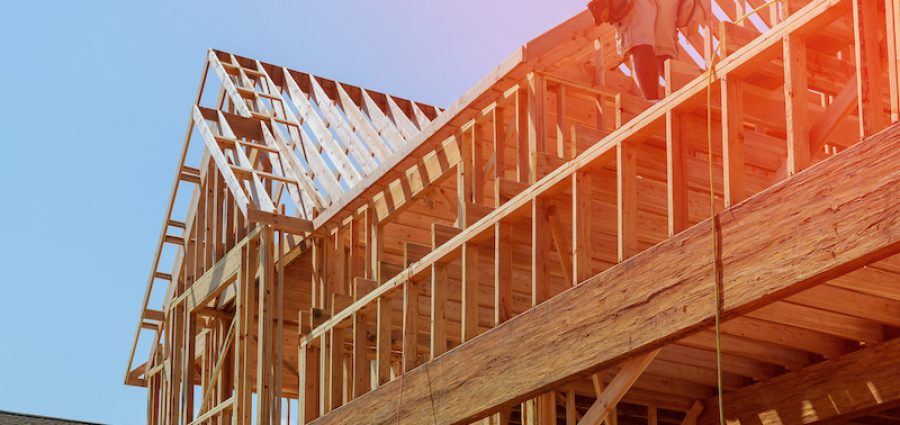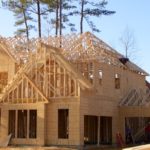Construction input prices in December rose 0.6%, according to an Associated Builders and Contractors analysis of U.S. Bureau of Labor Statistics’ Producer Price Index data.
ABC said nonresidential construction input prices also rose 0.6% in December compared with the prior month.
Input prices for all three energy subcategories decreased for the month, with crude petroleum was down 16.4% in December.
Unprocessed energy materials and natural gas were down 13.1% and 12.0%, respectively, according to the analysis.
Prices in all three energy subcategories, however, are still up “significantly” on a year-over-year basis. Construction input prices overall are up 22.3% from 2021, while nonresidential construction input prices have increased 23.2% over that time, ABC said.
“The definition of transitory continues to expand along the dimension of time,” ABC Chief Economist Anirban Basu said. “A year ago, Federal Reserve officials and many others thought that elevated inflationary pressures would have abated by now. They have not. Instead, materials prices remain elevated and generally continue to march higher.”
Basu added, “Much attention has been devoted to global supply chain disruptions. Thanks to the omicron variant, those disruptions will persist through the first quarter of 2022. That translates into additional upward pressure on construction materials prices, something that estimators must consider as they submit bids for future work. Among the other implications of materials price increases is the redesign of projects to substitute for expensive inputs, such as steel. Not only does this put pressure on architects and engineers to identify alternative designs and materials, but it also means that contractors may end up working with inputs with which they are less familiar.”
Related Posts
-
The industry added 22,000 net jobs in December, and the industry has recovered slightly more…
-
The expansion into the Chicago area marked the first acquisition outside of Coastal Construction Products’…
-
November 2021 construction spending was estimated at $1,625.9 billion, a 0.4% increase over the revised…






